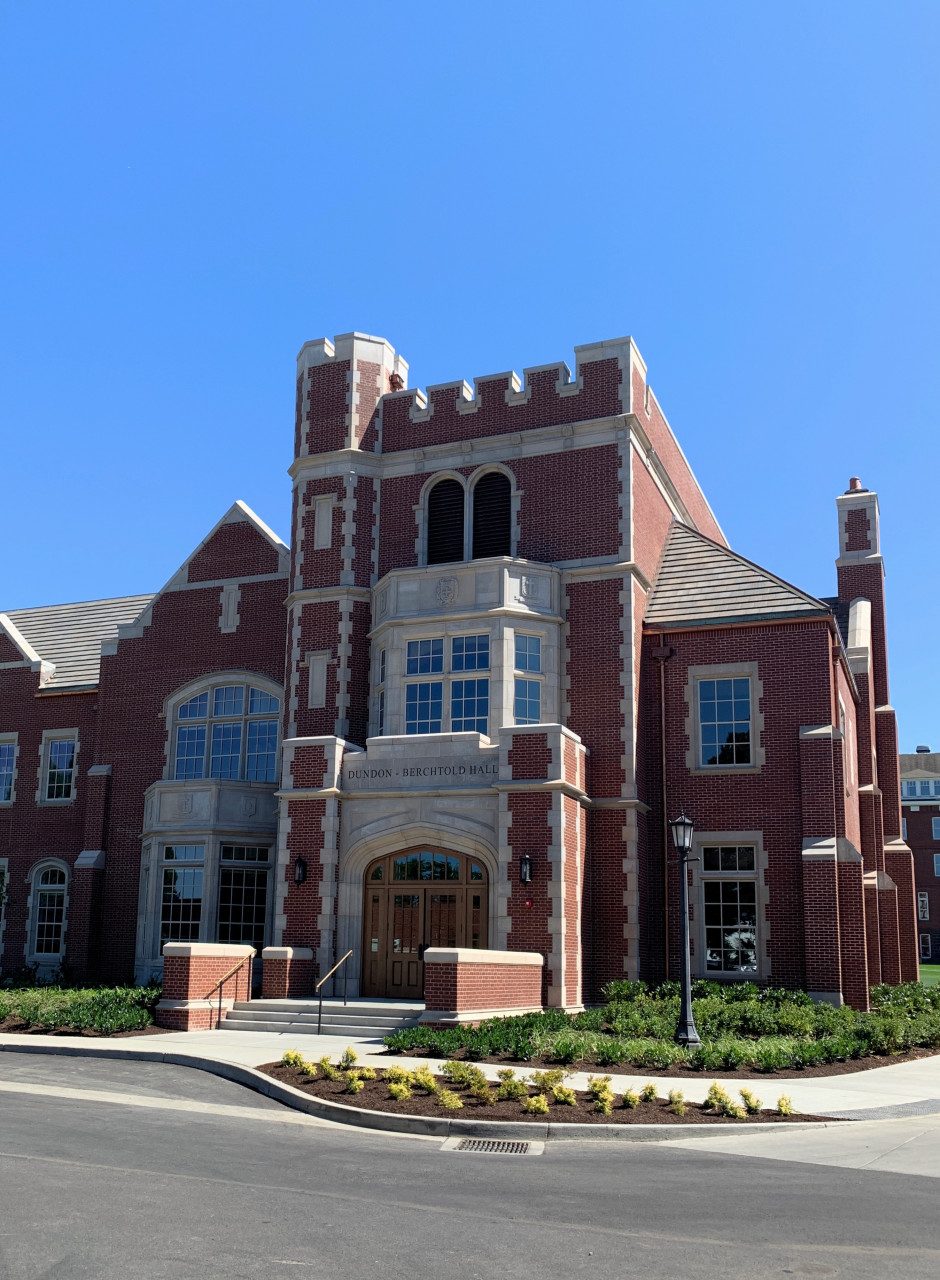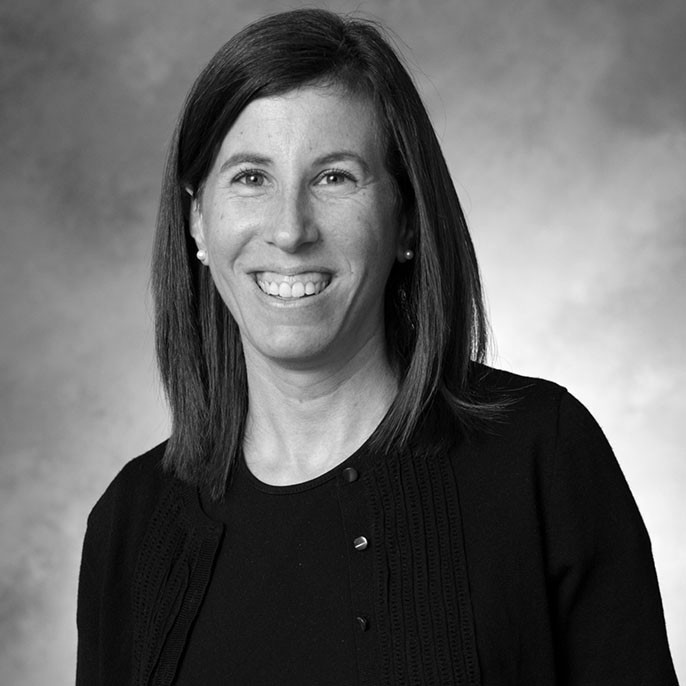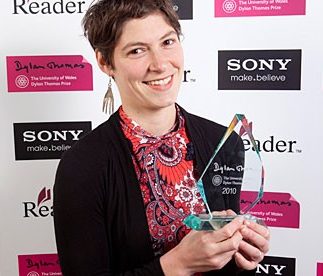On Feb. 11, Professor John McDonald delivered his keynote speech via Zoom, to honor the 13 new members of UP’s Sigma Tau Delta Honor Society. What follows is an exploration of the self, and how we as individuals make connections and judgements—timely in this period of Zoomed everything where we have ample time to be…
Professor Cheri Buck-Perry: What’s in a Metaphor?

Way back in mid-February–before toilet paper started flying off the shelves, we all started mask-wearing, and graduating students tuned in to a virtual commencement ceremony–15 new members were inducted into UP’s Sigma Tau Delta Honor Society. Though it’s hard to imagine now, students and faculty from the English Department gathered to share a meal and…
New Year, New Home: English Faculty Make the Move to DB Hall

How the English Department is adjusting to life in the newest building on campus Dundon-Berchtold Hall opened its doors to students this week and held its first classes on Monday, finally fulfilling the demand for additional classroom space to meet the needs of the growing student population. Crews have been working through the summer to…
The English Major: Embracing Wonder and “Why?”

As our resident medievalist, Dr. Cara Hersh helps animate older texts for newer audiences, persuading contemporary students to take a closer look at the simultaneously age-old and currently relevant insights distilled in some of her favorite works. She enables thought expansion and rhetorical rabbit holes through her job, and opts for an English department mindset…
Favorite Reads of 2018

The turbulent year of 2018 is finally coming to a close! As we journey into winter break, the English Department wants to offer a few book recommendations for you to peruse on the plane and curl up with on the couch. Get ready to update your Goodreads page! The Incendiaries by R.O. Kwon The Education…
Professor Spotlight: Elyse Fenton

Last November, Elyse Fenton came to University of Portland to read from her wildly acclaimed poetry book Clamor. Her collection caught literary fire after she was not only the first American author to win the University of Wales’ Dylan Thomas Prize, but also the first poet. She’s been interviewed on NPR and BBC. After her reading at…
Lunch Table Preview: Swidzinski and Buck-Perry

This Thursday, October 27 is our next English Lunch Table! Be quick to RSVP and score a free lunch and riveting conversation with Professor Swidzinski and Professor Buck-Perry. I sat down with Swidzinski and Buck-Perry to get a preview of possible discussion for Thursday: Who are they really? What are they reading? What’s up with the Shakespeare authorship conspiracy? What’s…
Honest Post-Grad Advice From Your Friendly English Professors
by Olivia Van Wey It may reside in the intimate setting we create in our classes as lovers of literature or even in the nature of the content that creates a mesmerizing cohesion of the class setting, but somehow over the course of four years inseparable bonds are created between members of the English faculty…
An English Professor in China
by Jacqueline Ott Dr. Orr and I sit in his office in BC on a strangely beautiful Friday afternoon, having a typical conversation for an English student and her professor: aka, why Don DeLillo is the greatest writer of modern times, the looming horror that is life after school (“That’s why I never left!” says…
A Preview of Fall 2015 Upper-Division English Courses
by Erika Murphy Give me the splendid silent sun with all his beams full-dazzling Walt Whitman, Leaves of Grass in Just— spring when the world is mud— luscious the little lame balloonman whistles far and wee e.e. cummings, Chansons Innocentes A little Madness in the Spring Is wholesome even for the King. Emily Dickinson, No….
